Data Hunger vs. Instinct
July 31, 2024
“How can we convince a brand to make this sustainable decision? What data do we need to prove it’s the right thing to do?” I’m tired. I know everyone wants data and clear answers and indicators, but what happened to doing something because it sounds interesting or exciting or fun? Can any decision be made because it feels like the right thing to do?
This week two students (from different schools) interviewed me for their research on the environmental benefits of resale and how to pose benefits of branded resale to luxury brands. There are some helpful environmental measurements that exist, particularly around displacement (the idea of buying something used instead of something new), and we need more. Data matters, but we can also acknowledge that as a human being in the world today we inherently understand that buying something used is more responsible and less resource-intensive than buying something new.
Data has its place of course, but if we make all decisions based on data, we miss out on really incredible opportunities and innovations. You don’t know how something is going to go, even if you’re basing it all on data. Trying something new for fun, excitement or because it feels like the right thing are important measures and indicators of organizational culture and human enjoyment. I have no interest in proving every single thing I do with data. (Which, let me be clear, is a flaw according to some colleagues and friends!)
For example, the Circular Fashion Coalition Laura (my podcast co-host) and I hosted this summer. We have never done something like this before, and we thought the idea of bringing together a circular fashion cross-stakeholder group sounded fun and engaging, so we went for it. We brought together 40 member organizations including public companies, individuals, academics, service providers and small businesses. For us it has been a resounding success to have created this community, and it has been fruitful for our members as well. Some business partnerships have even started through this group. If we had tried to base this decision on data, we probably wouldn’t have done it. We saw a gap of something we wanted to create and went for it. There was little data to back it up.
You can’t be the first or the innovator if you’re basing all of your decisions on data, because no one has done it before. Being the first or trying something new is in itself a prize. We need to learn how to balance data and instinct.
Another great current example- and I won’t get super political- is the recent rise of Kamala Harris as the Democratic nominee for president. Before Biden stepped down there was so much fretting about who could be the nominee, including a lot of worry about Harris not being the right choice. In a short time, Harris has created more energy and excitement and cohesion for the Democrats than anyone thought possible. This is an intangible, as I learned on Ezra Klein’s podcast. Data didn’t point to this outcome, and yet here we are. People respond in the moment and rely on instinct. These intangibles in politics and in business are highly important and valuable, even if we cannot assign value to them ahead of time or predict what they might be. They are still worth taking risks for.
A few more related examples and thoughts on this:
When I worked for Eileen, of EILEEN FISHER, Inc, she was always wanting to have more fun and enjoy her work. She worked so hard - basically from sun up to sun down- so she needed to inject fun, playfulness and rest into her days. From what I saw, she made most of her decisions based on conversations with people and gut feeling. As the company became more sophisticated, there was a general call for more data-based decision making, which is understandable, but looking back I am so glad I had time at that company and with Eileen herself when it was less about data and more about feeling.
In my role leading Renew, EILEEN FISHER’s take-back and resale program, I was fortunate that the program was not under a microscope. Probably in large part because we were trying to solve a real, physical challenge (millions of pieces of used clothing sitting in warehouses), we were giving the freedom and latitude to try various approaches to liquidate or move through that product. The Renew team was free to think up creative ideas and solutions. Brainstorms and conversations started with “Wouldn’t it be cool if…” and we might land on an idea we wanted to pilot or execute in the near term.
Another important factor in my experience at EILEEN FISHER, Inc was the fact that they were and are a privately held company. They are not under the same financial pressures to return on investment every quarter, and this is probably the biggest factor in that company (and other private companies) being able to create their own priorities.
Just to balance that point of view, I wanted to mention a public company, Target, who is running some circular business model trials and tests right now (from what I can see as an outsider). I’m sure it isn’t easy to navigate internally at such a large company, but they are figuring it out. They just announced a denim take-back program, following the success of their car seat take-back program.
Start ups, again just from my experience and personal view, are ruled by data… or, it’s maybe more accurate to say they are increasingly ruled by data as they evolve from little, fresh companies to bigger, revenue-obsessed operations. Once you take on a big round of money, you are beholden to that money and to that funder, and data takes on a bigger and bigger role.
People Power
People get excited about ideas, and if those people are capable of executing, that can be enough to try something new. Data doesn’t have to back them up to try. Of course we always want data from the pilot, and you can set up success metrics and questions at the start to learn from the trial:
Who are we targeting? Who did it reach?
What kind of engagement do we want? How much engagement was there?
Will it bring in revenue? Was it profitable?
What size are we piloting? Is it scalable? etc.
I’m not vilifying data, I know it has a very important role in business today. I’m just saying I don’t think it needs to rule us and make every decision. There is space for other more energy-focused and instinctual ways to work as well. Maybe as a sign of how powerful data is these days, I really hesitated to publish this, fearing the judgement of my colleagues and potential customers for not thinking data is the answer to everything. So, what do YOU think? I’d love to hear!
The Untangling Circularity Podcast
2 New Episodes: Consumer Behaviors and Legislation Trends and Themes
Listen on Apple Podcasts, Spotify.
Until next week,
Cynthia

